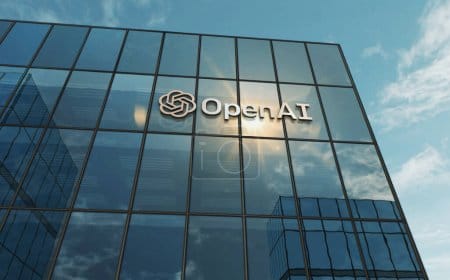The world of artificial intelligence is witnessing a fierce race for innovation, with companies vying to develop the most advanced and capable models. Amidst this competitive environment, allegations have surfaced regarding DeepSeek, a company specializing in AI development, potentially leveraging OpenAI’s renowned technology in its own endeavors.
The White House’s AI coordinator has publicly stated that DeepSeek is believed to have utilized a technique called “distillation” during the training of its AI competitor to OpenAI’s GPT models. Distillation is a process where a smaller model learns from the knowledge embedded within a larger, pre-trained model, effectively condensing and transferring its expertise. OpenAI’s GPT models are widely recognized for their impressive capabilities in natural language processing, making them a valuable resource for training other AI systems.
This revelation has ignited a debate within the AI community about the ethical implications and potential ramifications of such practices. While distillation itself is a legitimate technique used in AI development, concerns arise when it involves using another company’s proprietary technology without explicit permission or collaboration. Critics argue that this approach could undermine the efforts and investments of companies like OpenAI, potentially leading to an unfair competitive advantage for DeepSeek.
On the other hand, proponents of distillation argue that it is a natural progression in AI development, allowing for the creation of more accessible and efficient models. They contend that building upon existing knowledge and advancements is essential for accelerating progress in the field. Moreover, they emphasize the importance of open-access and knowledge sharing within the AI community.
The debate surrounding DeepSeek’s alleged use of OpenAI’s technology highlights the complex ethical considerations that arise in the rapidly evolving world of artificial intelligence. As AI models become increasingly sophisticated and powerful, questions regarding intellectual property, fair competition, and responsible development practices will continue to be at the forefront of discussions.
The outcome of this situation remains to be seen. It will likely depend on the extent to which DeepSeek utilized OpenAI’s technology, the nature of their relationship, and the legal and ethical frameworks governing AI development. This case serves as a reminder of the importance of establishing clear guidelines and ethical standards to ensure a fair and responsible evolution of artificial intelligence.


